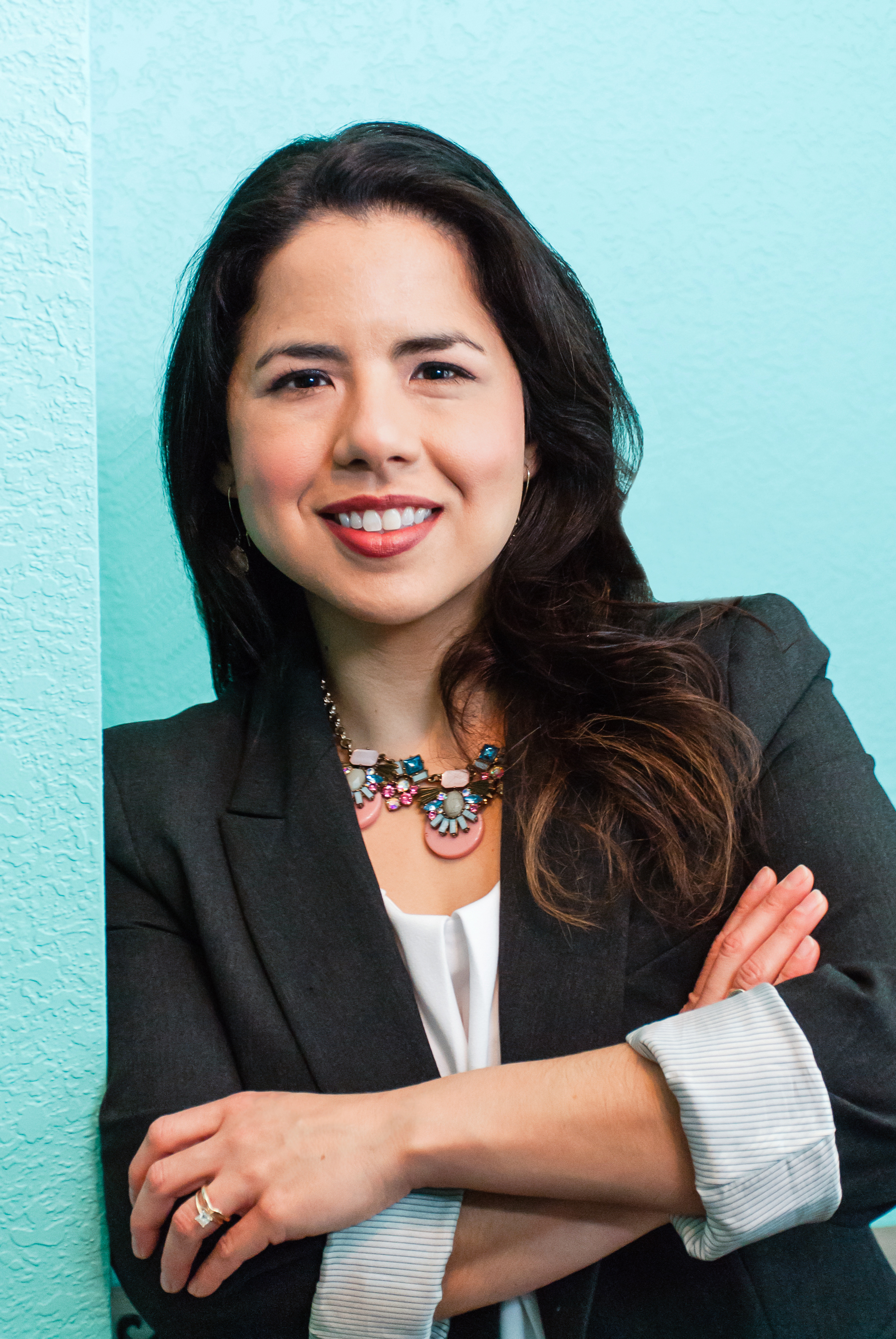Help Tell Latino Stories
By Melissa Vela-Williamson, M.A., APR, Fellow PRSA
November 2021
Think back to your American history class days. Which races were reflected in the textbook?
The hard truth is that they probably weren’t Hispanic. Latinos are not even categorized as a race by the U.S. government. We’re an ethnic version of white. Is there a more symbolic way to explain how the Latino story is missing its rightful place in American stories?
Latino stories are underrepresented in history books, museums, heritage sites and in Hollywood. As PR professionals, we have the power to change that. The stories we tell through content we create or media coverage we earn can be a part of making positive change.
I recently had the privilege to manage the public relations and marketing for the HA Festival: The Art of Comedy when it came to San Antonio for its annual three-day comedy and film festival. The HA Comedy Festival is the world’s largest Latino comedy festival featuring over 40 comedians whose heritage spanned Cuba, Peru, Puerto Rico, Mexico and more.
Right away, I knew it was more than just an event-marketing campaign. Normalizing Latino talent as mainstream talent was the larger calling. Showcasing comedians who are universally funny and speak in English was eye-opening for some. Sharing experiences through humor has a connective quality that crossed whatever diversity was in the audience.
HA Festival creator and principal of New Cadence Productions Jeff Valdez has been pursuing the inclusion of Latinos in mainstream entertainment for decades. “Hollywood has a 2% Latino inclusion rate and we strive for 92%,” said Valdez.
As we met different journalists during the media tour, it was clear to them that representation was still a fight to be had. Data continuously shows that Latino growth outpaces other races in the U.S., and we are a large part of the economy in terms of the dollars we spend.
According to the San Antonio Express-News, Latino presence in America “stretches more than 500 years, predating the arrival of British settlers.” It’s not that incredible to imagine generations have grown up here and like all those whose ancestors weren’t born here, Latinos have acculturated and contributed to the American culture.
Tips to remove barriers
Some cultural differences in Hispanics may keep those in your communities from being active in organized groups, fighting for their place in textbooks, and feeling they have the agency to demand inclusion.
As PR practitioners, we have the power to influence change and can build opportunities across these barriers. Here are some tips to help you start.
- Invite contribution. A respect for authority may silence Latino voices.
- Research your target publics or audiences and communicate from there. The majority of Latinos in the United States speak English so don’t let the myth that you have to speak Spanish get in the way.
- Work extra hard to hear from Latinas. Women in the culture may have a history of being brought up to be quiet or subservient to the men in their life. We’re still fighting off the dominance of the machismo culture, but younger women with the agency to speak out may be the only women heard.
Again, invite us into conversations in ways they feel comfortable. Women-only focus groups, individual in-depth interviews, and slowly building trust with public relations professionals may be needed. Give it time and the return will be rich.



